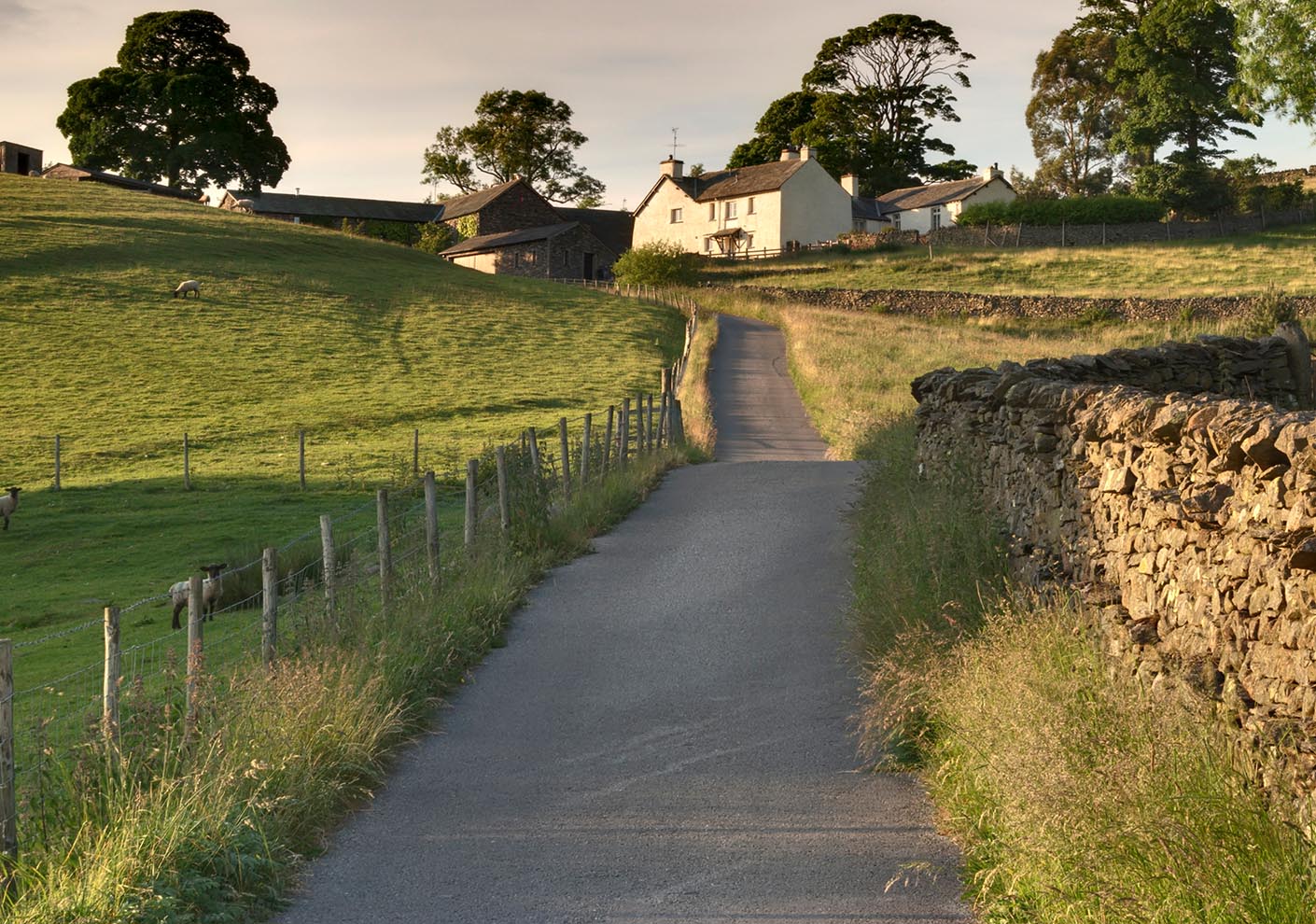What is inheritance tax?
Inheritance Tax is a 40% tax on the estate (the property, money and possessions) of someone who has died.
If you’re a married couple with children and give away your home to your children (or grandchildren) you will have a combined allowance of £1 million before inheritance tax is charged.
Previously, if you were a farmer, most if not all of your farm assets could be exempt from IHT even if it was worth say £10 million.
This is because agricultural property relief (APR) was available to exempt the agricultural value of farmland and farm buildings. Business property relief (BPR) was also available to completely exempt machinery and to fill the gap when there is a difference in land value between the agricultural value and the potential value if the land is developed.
What changed in the budget?
From 6 April 2026, the full 100% relief from inheritance tax will be restricted to the first £1 million of agricultural property (or if own both agricultural and business property then the relief is limited to the combined value of £1 million).
Above this amount, landowners will pay inheritance tax at a reduced rate of 20%, rather than the standard 40%. This tax can be paid in installments over 10 years interest free, rather than immediately, as with other types of inheritance tax.
What does this mean for farmers
Although the allowance has been restricted, it is still on top of all the other spousal exemptions and nil-rate bands that people can access for inheritance tax too. This means that two people with farmland, depending on their circumstances, can pass on up to £3 million without paying any inheritance tax.
What can farmers do in the meantime
It may be worth considering gifting the farm so that after seven years it is outside of your estate, due to the seven year gifting rule. You could also gift into a trust, which could allow you to transfer the wealth to the next generation and avoid tax on gifts exceeding the limit.
If you wish to discuss inheritance tax rules for farmers or look at options available to you, please get in touch with Ben Tyer or a one of our agricultural legal experts.
What is inheritance tax?
Inheritance Tax is a 40% tax on the estate (the property, money and possessions) of someone who has died.
If you’re a married couple with children and give away your home to your children (or grandchildren) you will have a combined allowance of £1 million before inheritance tax is charged.
Previously, if you were a farmer, most if not all of your farm assets could be exempt from IHT even if it was worth say £10 million.
This is because agricultural property relief (APR) was available to exempt the agricultural value of farmland and farm buildings. Business property relief (BPR) was also available to completely exempt machinery and to fill the gap when there is a difference in land value between the agricultural value and the potential value if the land is developed.
What changed in the budget?
From 6 April 2026, the full 100% relief from inheritance tax will be restricted to the first £1 million of agricultural property (or if own both agricultural and business property then the relief is limited to the combined value of £1 million).
Above this amount, landowners will pay inheritance tax at a reduced rate of 20%, rather than the standard 40%. This tax can be paid in installments over 10 years interest free, rather than immediately, as with other types of inheritance tax.
What does this mean for farmers
Although the allowance has been restricted, it is still on top of all the other spousal exemptions and nil-rate bands that people can access for inheritance tax too. This means that two people with farmland, depending on their circumstances, can pass on up to £3 million without paying any inheritance tax.
What can farmers do in the meantime
It may be worth considering gifting the farm so that after seven years it is outside of your estate, due to the seven year gifting rule. You could also gift into a trust, which could allow you to transfer the wealth to the next generation and avoid tax on gifts exceeding the limit.
If you wish to discuss inheritance tax rules for farmers or look at options available to you, please get in touch with Ben Tyer or a one of our agricultural legal experts.




